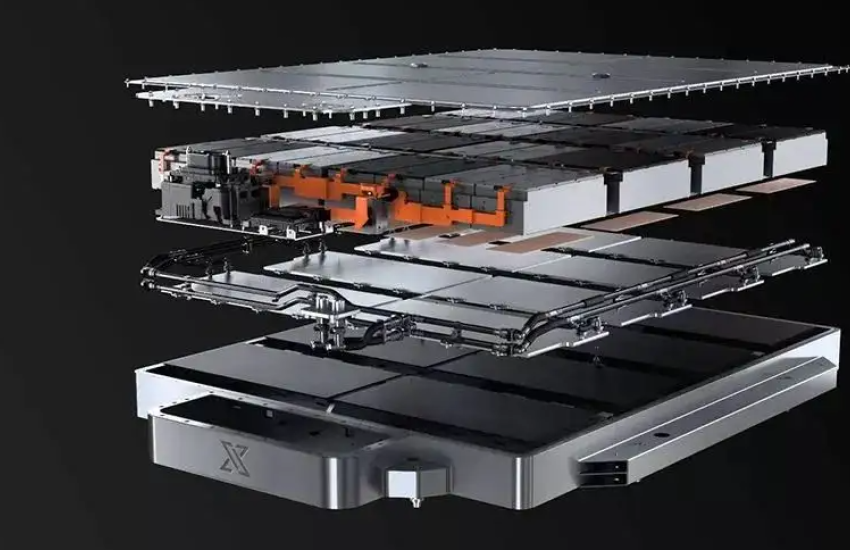Lithium Iron Phosphate Batteries Compared to Lithium Ion Batteries
The advantages of lithium iron phosphate batteries compared with lithium ion batteries:
The chemical structure is safe and stable.
Disposal is simplified due to the chemical safety of phosphates.
There is no risk of explosion and fire due to mechanical damage, but there is potential for large amounts of steam and smoke.
Voltage stability during discharge.
Low self-discharge.
High load resistance during charging and discharging.
Possibility of accelerated charging with high currents up to 10 C.
Sensitivity to the effects of aging and unrecoverable capacity loss is 1.5% per year compared to 10% per year for other lithium-ion batteries.
Freeze resistance. Some models are even capable of working at -40 C°.
10. Higher peak current and peak power than Li-ion batteries due to voltage stability.
Disadvantages of lithium iron phosphate batteries compared to lithium ion batteries:
Prices are higher.
The specific gravity is 14% higher than other lithium-ion batteries.
The energy density (energy/volume) of the new battery is 14% lower than that of lithium-ion batteries.
May not provide full capacity at high discharge currents.
In the case of full discharge below 2V, there will be a deterioration effect, the component will fail completely, the recovery time will be long, and some capacity will be lost or cannot be recovered.
Lower operating voltage: Li-Ion is 3.3V compared to 4.2V for Li-Ion, which results in additional battery additions, resulting in increased weight and size.




